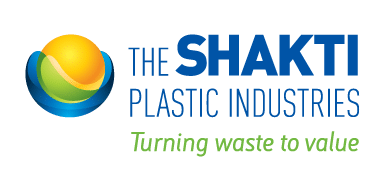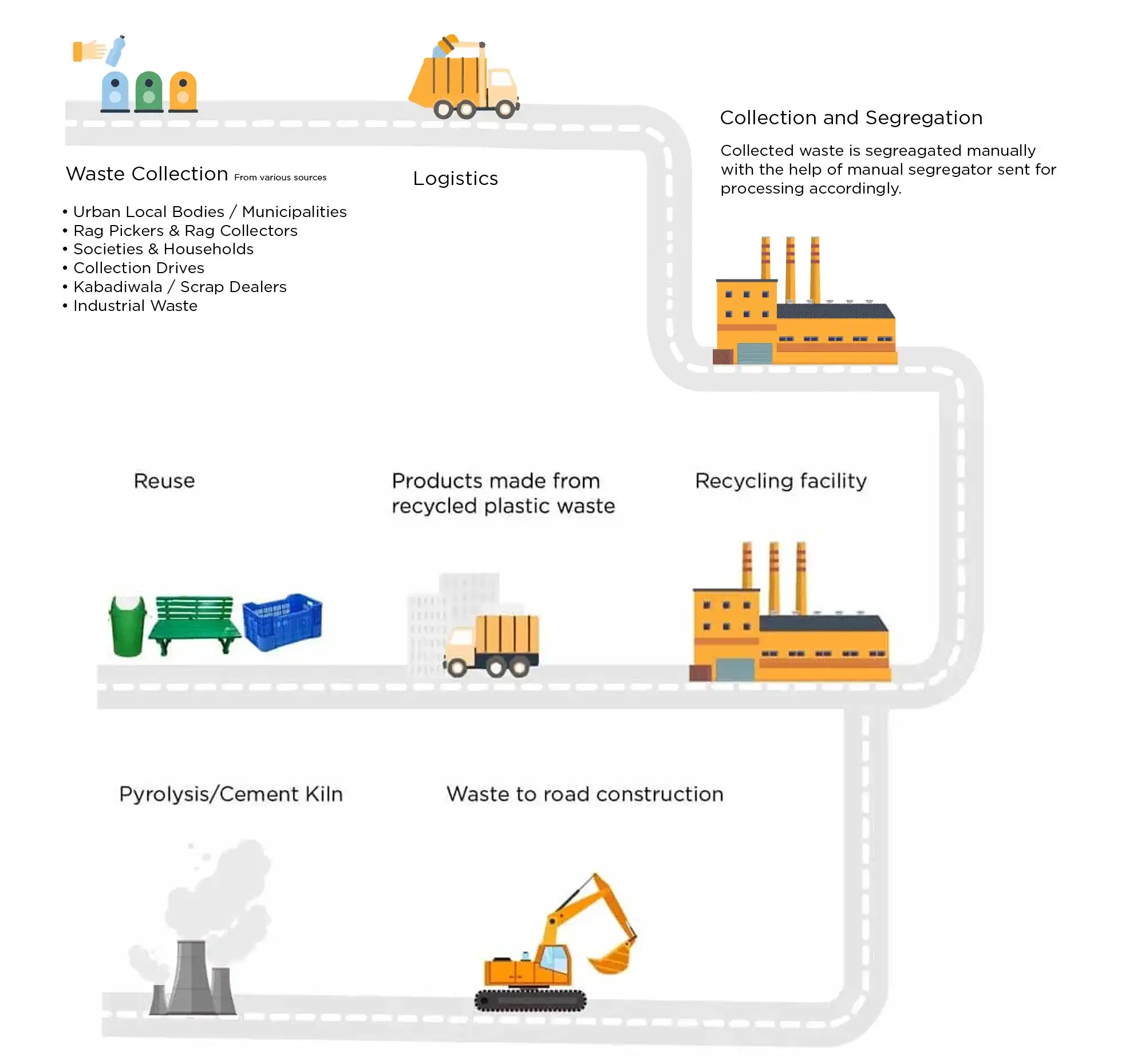Get your EPR Registration done from Experts at The Shakti Plastic Industries!
(600+ Esteemed major brands)
Extended Producer’s Responsibility in Maharashtra
Extended producer responsibility (EPR) is an environmental protection policy aimed at reducing the total environmental impact of a product and its packaging by requiring product manufacturers to take responsibility for the entire lifecycle of their products, including their packaging, including take-back, recycling, and final disposal.
EPR Registration
How To Register For EPR?
Registration Process
Definition of PIBO
1.“Producer” (P) means person engaged in manufacture or import of carry bags or multilayered packaging or plastic sheets or like, and includes industries or individuals using plastic sheets or like or covers made of plastic sheets or multilayered packaging for packaging or wrapping the commodity;
2.“Importer” (I) means a person who imports plastic packaging product or products with plastic packaging or carry bags or multilayered packaging or plastic sheets or like;
3.“Brand Owner” (BO) means a person or company who sells any commodity under a registered brand label or trade mark;
4.“Post-consumer plastic packaging waste” means plastic packaging waste generated by the end-use consumer after the intended use of packaging is completed and is no longer being used for its intended purpose
5.“Pre-consumer plastic packaging waste” means plastic packaging waste generated in the form of reject or discard at the stage of manufacturing of plastic packaging and plastic packaging waste generated during the packaging of product including reject, discard, before the plastic packaging reaches the end-use consumer of the product.
- Relevant Links: Extended Producers Responsibility Calculator
- The Shakti Plastic Industries is Leading EPR Service Provider for EPR of Plastic Waste
Plastic Waste Management Rules, 2022
The Plastic Waste Management Rules 2022 were notified by the Government of India on February 12, 2022. These rules are aimed at reducing plastic pollution in the country. The rules ban the manufacture, import, stocking, distribution, sale, and use of certain single-use plastic items, including straws, plastic sticks for balloons, ear buds, cutlery, plates, cups, and wrapping films. The rules also require producers of plastic packaging to take responsibility for its collection and recycling.
The Plastic Waste Management Rules 2022 are a positive step in the right direction. However, it is important to remember that these rules are just one part of the solution to plastic pollution. It is also important to raise awareness about the issue of plastic pollution and to encourage people to reduce their use of single-use plastics.
Here are some tips on how you can reduce your use of single-use plastics:
- Bring your own reusable bags when you go shopping.
- Use a reusable water bottle instead of buying bottled water.
- Avoid using straws.
- Bring your own utensils when you eat out.
- Choose products that are packaged in recyclable materials.
- Recycle plastic whenever possible.
By following these tips, you can help to reduce plastic pollution and protect the environment.
Salient features of PWM Rule
- The salient features of the Plastic Waste Management Rules, 2022 are as follows:
- Ban on single-use plastic items: The rules ban the manufacture, import, stocking, distribution, sale, and use of certain single-use plastic items, including straws, plastic sticks for balloons, earbuds, cutlery, plates, cups, and wrapping films.
- Extended Producer Responsibility (EPR): The rules introduce the concept of Extended Producer Responsibility (EPR), which requires producers of plastic packaging to take responsibility for its collection and recycling.
- Collection and recycling targets: The rules set collection and recycling targets for plastic packaging. Producers of plastic packaging will be required to achieve these targets by 2025.
- Awareness and capacity building: The rules require the government to undertake awareness and capacity building activities on plastic waste management.
- Enforcement: The rules provide for strict enforcement measures, including penalties for non-compliance.
The Plastic Waste Management Rules, 2022 are a significant step in the fight against plastic pollution in India. The rules are expected to help reduce the amount of plastic waste that ends up in landfills and waterways. They are also expected to create jobs in the recycling sector.

